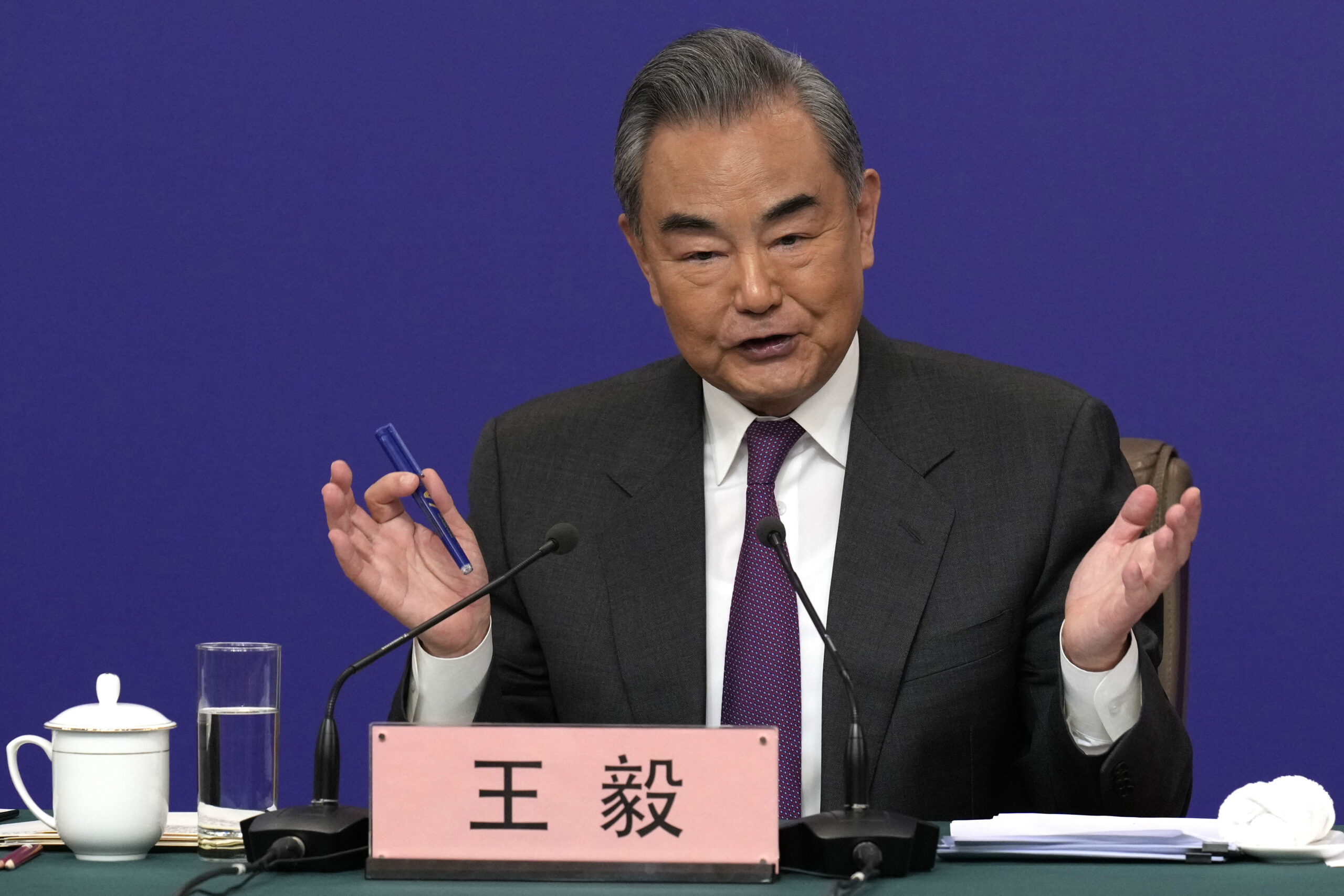
By EFE
Mar 30, 2024, 12:54 PM EDT
China criticized this Saturday the decision announced by the United States to withdraw the visas of “multiple” Hong Kong officials whom it accuses of “intensifying the repression of rights and freedoms” in the former British colony.
In a statement, the Office of the Commissioner of the Chinese Foreign Ministry in Hong Kong described the position of the US State Department as an “attempt to deceive the world” and assured that the report on which the decision is based “should have been thrown away.” to the trash of history.”
In a statement signed by the Secretary of State, Antony Blinken, the Department reported these sanctions, although it did not detail the number of officials affected by the measure.
Washington accused China of continuing to take “measures against the high degree of autonomy, democratic institutions and rights and freedoms promised to Hong Kong” in 2023.
This includes the recent enactment by Hong Kong authorities of legislation under Article 23 of the Basic Law, which, according to Blinken, “contains broad and vaguely defined provisions on sedition, state secrets, and interactions with foreign entities.” and that “they could be used to eliminate dissent.”
In response, Beijing expressed its “firm opposition and strong condemnation” and assured that both the report and the announced sanctions represent a “flagrant interference in the affairs of Hong Kong and the internal affairs of China,” also accusing Washington of “acting as the policeman of the world” and “forcibly fostering divisions where there are none.”
Penalties up to life imprisonment
Last January, Hong Kong Chief Executive John Lee announced a plan to enact a law based on Article 23 of the city’s Basic Law, which plans to expand its legal powers to quell dissent in the wake of the mobilizations. anti-government protests that took place in 2019.
This text, which came into force last week just four days after its approval, establishes a series of crimes that can carry a maximum sentence of life imprisonment, including treason, insurrection, inciting a member of the Chinese armed forces to rioting and colluding with external forces to damage or weaken public infrastructure in order to endanger national security.
The new text is independent of the national security law imposed by Beijing, approved in June 2020 after months of protests and riots in favor of democracy, in which secession, subversion, collusion with foreigners are classified as crimes. and terrorism.
Previously, in 2003, there was an attempt to enact this same regulation, but it was put on hold after a mobilization attended by an estimated hundreds of thousands of residents.
Since the return of Hong Kong to China by the British Government in 1997, the territory has been governed under the ‘one country, two systems’ principle, which ensures the separation of legal and judicial structures from the Chinese mainland.
Keep reading:
- Chinese Foreign Minister warns US delegation about importance of bilateral relationship
- China responds to the United States that “it has no right to intervene” in its disputes with the Philippines
- The US will defend the Philippines anywhere in the China Sea, says Blinken after visit to the country
